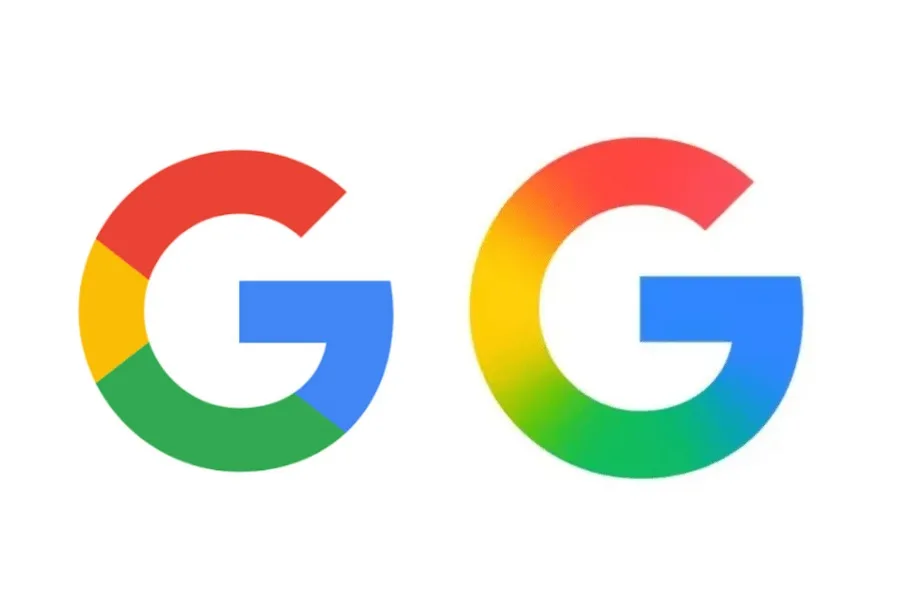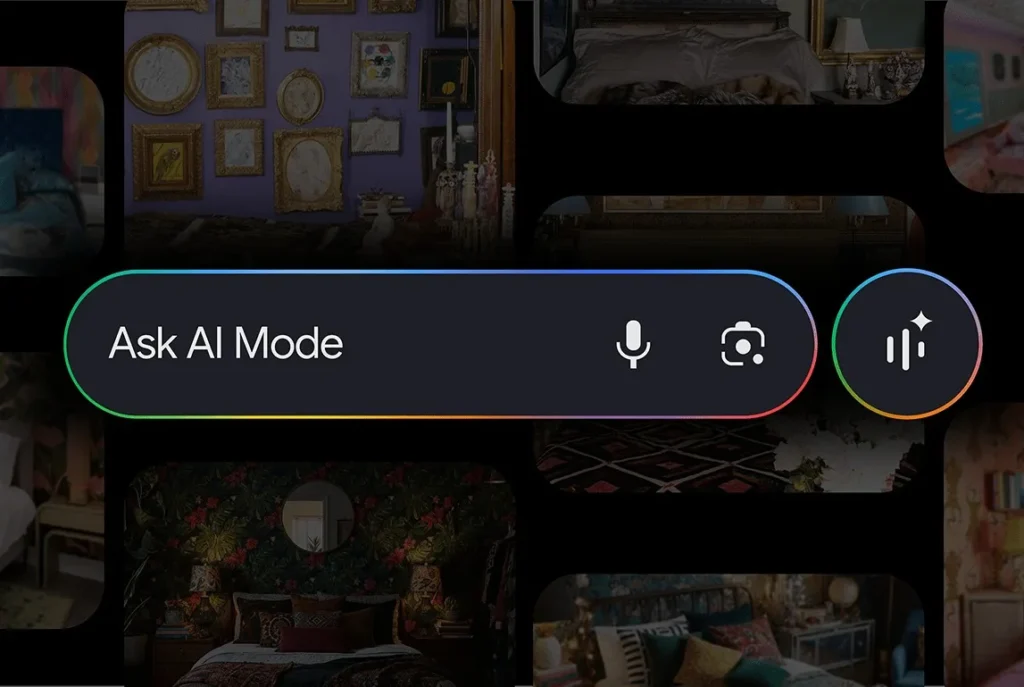OpenAI, the company behind ChatGPT, surprised everyone this week by launching ChatGPT Atlas, its brand new web browser powered by artificial intelligence.
Since its launch, the tool has generated a lot of buzz — but before you try it out, it’s important to know that ChatGPT Atlas may have a serious security vulnerability.
ChatGPT Atlas: An Intelligent Yet Vulnerable Browser
An ethical hacker known by the pseudonym Pliny the Liberator raised the alarm on X. According to him, ChatGPT Atlas could be susceptible to a type of attack known as “clipboard injection,” which refers to a malicious injection into the clipboard.
The researcher even shared a video demonstrating the flaw in action.
This type of attack allows a hacker to gain unauthorized access to the clipboard of a computer or browser. In practical terms, this means that a malicious website could covertly modify the data you copy or paste — for example, a password, a credit card number, or a URL.
Pliny explained that he modified his own site so that each button injects a phishing link into the clipboard. Therefore, if the AI agent of Atlas automatically clicks on one of these buttons during navigation, the clipboard becomes compromised.
During the next “Ctrl+V,” the user could unknowingly paste a malicious link leading to a fake banking site or a phishing page.
Why Is ChatGPT Atlas Vulnerable?
“This works because the agent is aware of all the text and code exchanged with the user and can recognize prompt injections, but the ‘copy to clipboard’ function is hidden in the JavaScript code of the site. The agent thus has no idea of the actual content being injected,” Pliny the Liberator stated.
This lack of visibility renders ChatGPT Atlas vulnerable, particularly for users who regularly handle sensitive text: developers, traders, professionals managing client data, and more.
A Concerning Flaw for “Agentic Browsers”
This discovery highlights a common risk associated with new “agentic browsers,” tools capable of navigating and acting on the web on behalf of the user. Other similar projects, such as Perplexity, have also faced security issues related to prompt injections.
In fact, the Brave browser had previously warned in a blog post that such vulnerabilities would be inevitable as AIs gained more autonomy online.
⸻
⚖️ In summary
🔍 The flaw: injection into the clipboard via malicious websites.
🧑💻 The risk: theft of sensitive data (passwords, cards, modified links).
🤖 The problem: Atlas cannot “see” what JavaScript scripts inject.
🌐 The context: other AI browsers exhibit similar vulnerabilities.
⸻
💡 Conclusion:
Atlas represents the new generation of AI-powered browsers, but this vulnerability serves as a reminder of a key truth:
the more autonomously an AI agent operates, the greater the risk of drift increases.
OpenAI must act swiftly if it wishes to convince users that its browser is as secure as it is intelligent.



